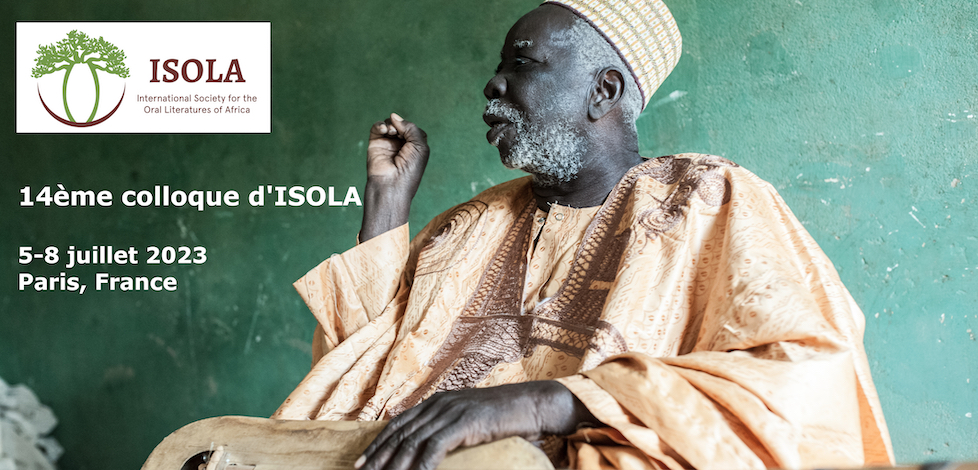The Niger Delta world of the Urhobo people in Udje songs and Urhobo folklore showcases traditional belief in the interconnectedness of all beings, human and nonhuman, as nobody or being is alone by himself, herself, or itself and playing a role in the system of the universe. Thus, each being affects and is affected by others and each sub-system (human and nonhuman) has the capacity of affecting others and disrupting the established harmony. The Urhobo also believe that as with humans, so too with nonhumans; each being has life and spirit. I will use the song-poetry of Udje, one of the most poetic oral poetic performance genres in Africa, and Urhobo folklore as traditional/oral texts to study the Niger Delta environment, before pre-oil and gas exploration and exploitation, presented as a wholesome spiritually integrated universe of harmony of all beings and a self-sustaining bioregional area that is beneficial to all its shareholders. Modernity, postmodernity, and globalization in their respective capitalist greed would destroy the traditionally enshrined charter of peaceful coexistence of all beings which has led to environmental degradation with its hazards of pollution, climate change, and other changes that are inimical to the spiritual relationship that once bound the area together as a wholesome family.
I hope to use Udje songs and Urhobo folklore to discuss how nature reflects humans and vice versa as with Akpobrisi and Uwara, plants that symbolize extreme masculinity and femininity. There are land and water spirits that have human qualities. Also nature in the form of trees or products of the terrain is sometimes deified as the Iroko tree is done and the iguana, a totem reptile, is accorded the dignity of a loved human being. There was no feminism or masculinity at the expense of the other as roles were natural and the androgynous was recognized. Ethics and morality were not separated as life is believed to be a spiritual process; hence no separation of the secular and spiritual. My discussion will thus center on Urhobo oral traditions and Udje song-poetry to affirm the adaptability of all beings to their specific environment as far as weather and sustenance are concerned. The coexistence of all beings lasted till today's ends justifying means of capitalism, modernity, and postmodernity ruined the harmony in the unfriendly environment and climate we currently experience.
This discussion is important in assisting us to recover aspects of the lost ideals and idylls of the environment which contemporary writers and scholars write about as if environmentalism started with eco-criticism in the 1990s but in fact has been there from the beginning of human society in the Niger Delta.
Educated at Ibadan and Syracuse Universities, Tanure Ojaide has published collections of poetry, novels, short story collections, memoirs, and self-authored and co-authored scholarly books. His awards include the Commonwealth Poetry Prize for the Africa Region, the All-Africa Okigbo Prize for Poetry, and the BBC Arts and Africa Poetry Award. He was the Winner of the UNC Charlotte's First Citizens Bank Scholar Medal Award for 2005. In 2016 he won both the African Literature Association's Folon-Nichols Award for Excellence in Writing and the Nigerian National Order of Merit Award for the Humanities. In 2018 he co-won the Wole Soyinka Prize for Literature in Africa. He has won the National Endowment for the Humanities grant, twice the Fulbright Senior Scholar fellowship, and twice the Carnegie African Diaspora Program fellowship. He is a Fellow of both the Nigerian Academy of Letters and the Association of Nigerian Authors. Ojaide is currently the Frank Porter Graham Professor of Africana Studies at The University of North Carolina, Charlotte.

 PDF version
PDF version
